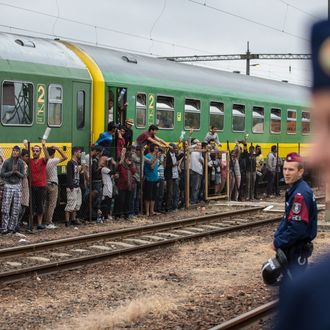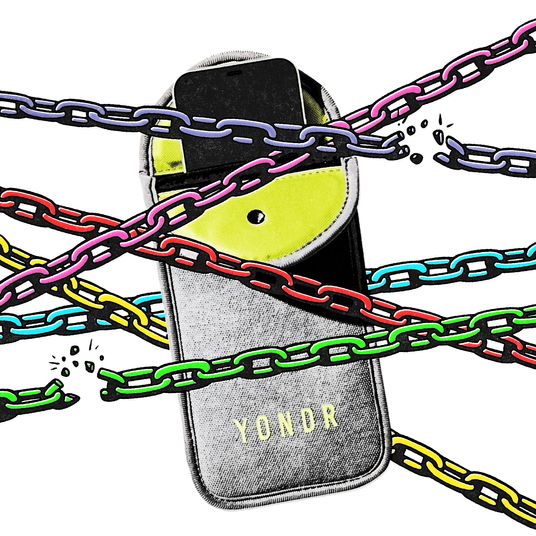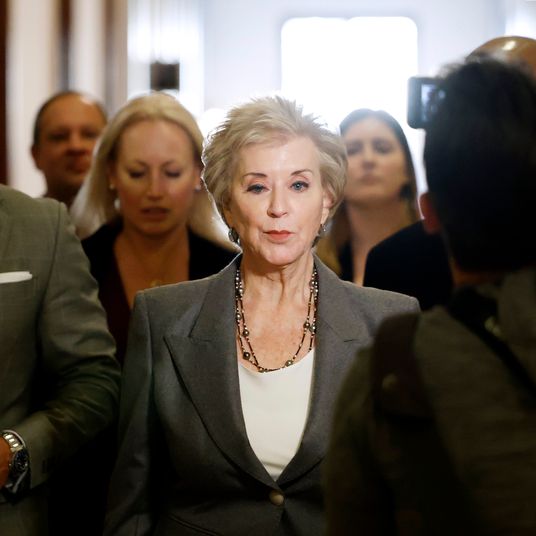
In Europe, two impulses from two very different parts of the continent illustrate how difficult it will be for the continent to deal with the migrant crisis.
British prime minister David Cameron said on Thursday, “[A]s a father I felt deeply moved,” referring to the photograph of the 3-year-old boy who washed ashore in Turkey, promising that “Britain is a moral nation and we will fulfill our moral responsibilities.” On Friday, he announced an inexact figure quantifying the U.K.’s change of heart: The country would allow ”thousands” of migrants to resettle within its borders. It remains unclear how many migrants Britain is willing to take — and whether that figure will be enough. The U.N. has said that Europe should be willing to take at least 200,000 migrants, a figure only Germany — which expects to welcome around 800,000 migrants this year — has accepted. German chancellor Angela Merkel and French president François Hollande, noting that a few nations cannot accept all of the people from Syria, Afghanistan, and other regions at war, have tried to get the rest of the EU to embrace a burden-sharing scheme, which would spread the refugees seeking asylum more equally among countries.
Some countries, like Sweden, have already been accepting migrants at rates similar to Germany. Hollande also used the death of Aylan Kurdi as a call to arms. “It’s a tragedy, but it’s also an appeal to the European conscience.” However, these countries have also said that they are only interested in accepting migrants escaping from war — not those fleeing poverty.
European officials say that smuggling migrants to the European Union has become a “business worth billions.” Thousands of migrants have died trying to reach Europe in the past year.
As richer countries wonder how many migrants to take, other poorer countries on the borders of the European Union — still worried about the continent’s long-term economic prospects — have begun refusing to let in anyone fleeing from a war zone.
Hungarian prime minister Viktor Orbán has been the leading voice of this line of thought. “The problem is not European, it’s German,” he said this week. “Nobody would like to stay in Hungary, neither Slovakia, Poland or Estonia. All of them would like to go to Germany.” Given the intense scorn that migrants have faced in these countries, many migrants do want to go to Germany — a wish complicated by the fact that refugees setting out for the European Union are supposed to file a request for asylum in whichever country they reach first. Germany has recently said that it would accept Syrian refugees regardless of where they entered the European Union.
On Friday, hundreds of migrants believing they were going to Austria were still stranded on a train outside Budapest, headed toward a refugee camp in Hungary, where filing for an asylum request could take months. The migrants refused to get off the train; one person wrote, “No camp. No Hungary. Freedom train,” on the window with shaving cream. The train has gotten a tad smelly thanks to the heat and the wait, and some people aboard have refused food and water offered by police officers, not wanting to do anything to jeopardize their plans to go further west. Others were tired of waiting. One told the New York Times, “Even if they take us to the camp, it’s better than staying in the station. I’ve been there for six days without food and water. I’ve had enough.”
Orbán has begun to build a fence at Hungary’s southern border, and he plans to stop letting refugees come in after September 15.
“The moral, human thing is to make clear: ‘Please don’t come. Why do you have to go from Turkey to Europe? Turkey is a safe country. Stay there. It’s risky to come,’” he said. He has also said, “We do not want a large number of Muslim people in our country,” that “Europe’s Christian roots” are being threatened, and ”[a]ll of a sudden we will see that we are in a minority in our own continent.”
European officials were quick to contradict Orbán. European Council president Donald Tusk said, “For a Christian, it shouldn’t matter what race, religion and nationality the person in need represents.”
In many other European countries, anti-immigration right-wing parties have grown louder in their opposition to Merkel and the EU’s response to the crisis. Babacar Diagne, who fled to Italy more than a decade ago before returning to Senegal, told The Guardian that he now warns people the trip wasn’t worth it. “I always tell these young men, ‘Stay here. You do not know what awaits you there. There is nothing. You will suffer.’ But they don’t believe me.”
In Germany and Britain, at least, many residents seem very willing to keep letting in refugees. Soccer fans in Germany and Britain have been carrying signs that read “Welcome Refugees” at games.
One team in Germany plans to set up a soccer camp for migrant children. A recent poll showed that 57 percent of Germans wanted the government to keep admitting refugees at the same pace. In Britain, a petition to “[a]ccept more asylum seekers and increase support for refugee migrants in the UK” has more than 300,000 signatures; the government has to respond to all petitions that get at least 100,000 signatures.
Russian president Vladimir Putin blames the United States for the migrant crisis. “This is a crisis which was absolutely expected,” he told reporters on Friday. “We in Russia and your humble servant said several years ago that there would be massive problems if our so-called western partners conduct what I have always called the ‘wrong’ foreign policy, especially in regions of the Muslim World, the Middle East and north Africa, which they continue practically to this day.”
He added, “I am looking with surprise at certain American mass media now criticizing Europe for an excessively tough, as they believe, treatment of migrants.”





























